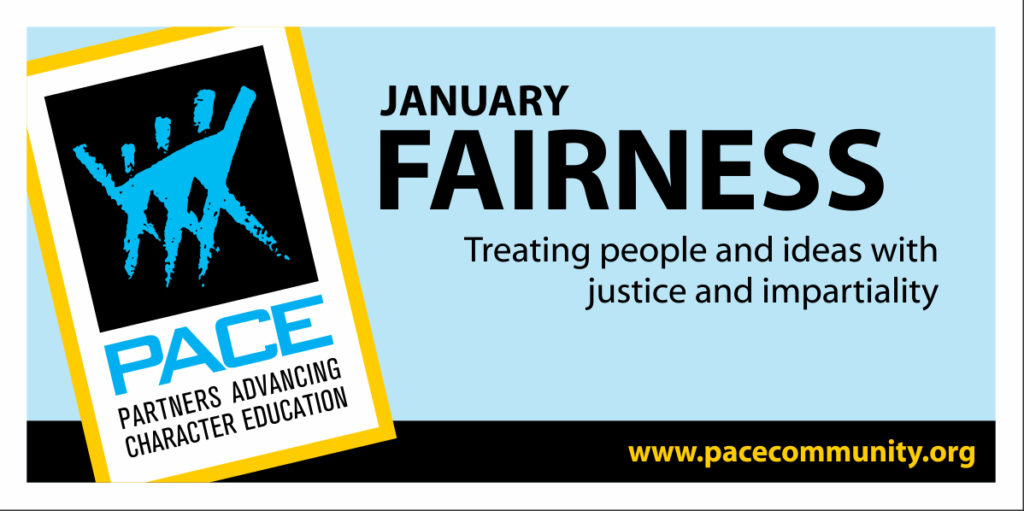
Emily Valla, Senior Marketplace Director, Better Business Bureau, Northwest and Pacific
Start with trust. It’s Better Business Bureau’s tagline, and consequently, the first of eight of BBB’s Standards of Trust. Trust is a buzzword, easily tossed around and much harder to define. But, it is at the core of much of what we do on a daily basis.
Consider this: It’s Tuesday, and you’re driving around, rushing between work, errands, and family commitments. Suddenly, that dreaded check engine light pops up. Inevitably, you think you do not have the time, and possibly the money, to deal with this. Nonetheless, you drop by the mechanic the next day and ask him to check things out.
How do you know you can trust him to do the right thing, to diagnose your car correctly and only do the necessary work? How do you know if he will charge you fairly?
Or perhaps you have hired a cleaning service to visit your home, but you need to be away while they work. How can you trust a complete stranger in your home?
There are endless examples: from contractors to accountants, restaurants to health services —there is an inherent need for trust in another party to do the right thing. Yet, trust isn’t a given, in fact, trust is often lacking.
Consider the Edelman Trust Barometer, an annual effort to measure the state of trust in our world. According to the 2018 results, trust among the general U.S. population dropped year after year, with drops in trust in government, businesses, and media.
In a climate of declining trust, how can you build it? At BBB, “Build Trust” is defined as establishing and maintaining a positive track record in the marketplace. Author Stephen M.R. Covey uses a tangible approach to building trust in his book Speed of Trust. He offers a few challenges:
First, make and keep commitments. This is where habit is crucial. Make and keep commitments first to yourself. If I commit to waking up at a certain time and I set the alarm, I must get up at that time —and not hit the snooze button. If I commit to exercising, I must do it. Making and keeping commitments starts small, but when the habit is created, it carries out to every area of my life.
Next, be a person of your word, especially when it’s hard. Agreements don’t have to simply be in writing. People shouldn’t resort to “technicalities” to get out of a promise. A person’s word should be their bond.
Finally, be transparent. True transparency is a tremendous trust builder. Any attempt to appear open while hiding something will quickly see the light of day and destroy credibility.
Covey’s ideas align in several ways with the remaining BBB Standards of Trust:
Advertise Honestly
Adhere to established standards of advertising and selling.
Tell the Truth
Honestly represent products and services, including clear and adequate disclosures of all material terms.
Be Transparent
Openly identify the nature, location, and ownership of the business, and clearly disclose all policies, guarantees, and procedures that bear on a customer’s decision to buy.
Honor Promises
Abide by all written agreements and verbal representations.
Be Responsive
Address marketplace disputes quickly, professionally, and in good faith.
Safeguard Privacy
Protect any data collected against mishandling and fraud, collect personal information only as needed, and respect the preferences of consumers regarding the use of their information.
Embody Integrity
Approach all business dealings, marketplace transactions, and commitments with integrity.
The bottom line is a lack of trust is not a government, legislature or business problem – we all own it. The only way to rebuild trust is through our actions. Making and keeping commitments, being true to our word and being transparent are the quickest ways to turn a crisis of trust into a trust renaissance.

